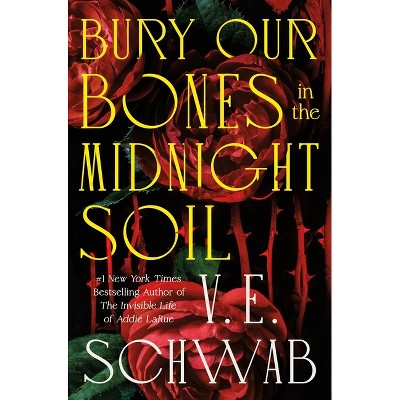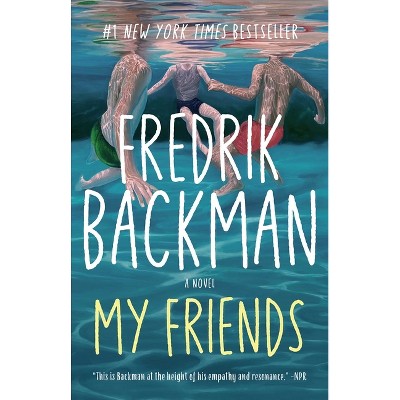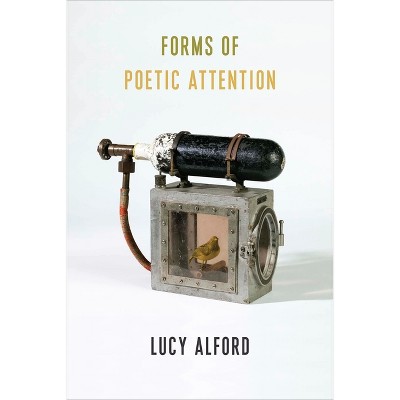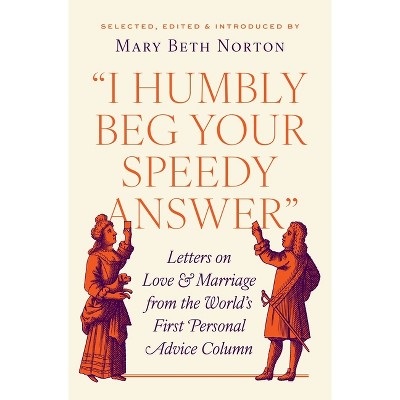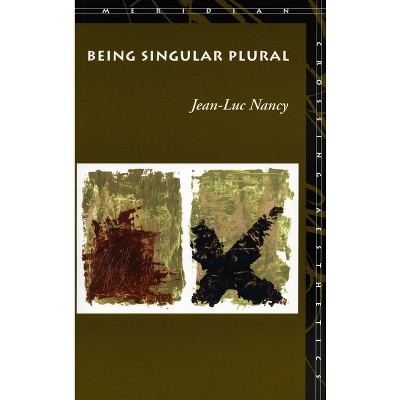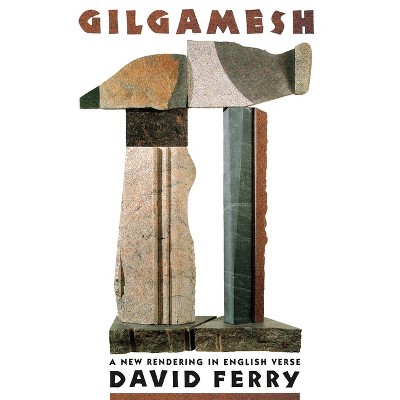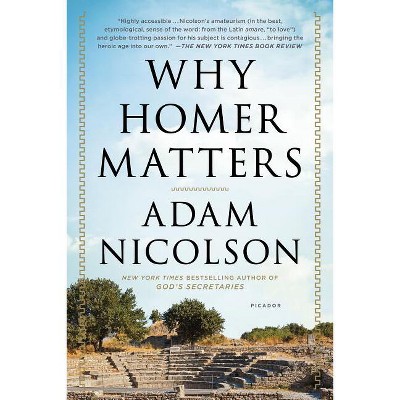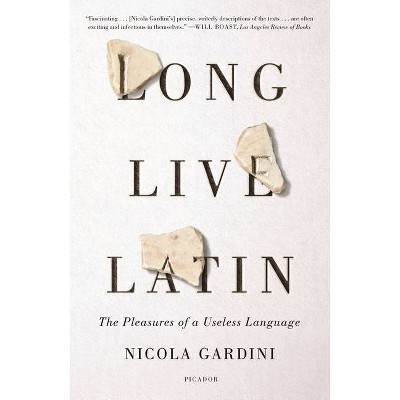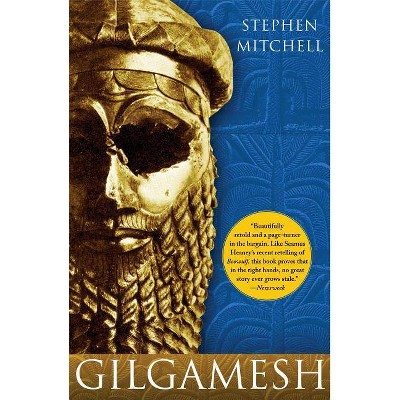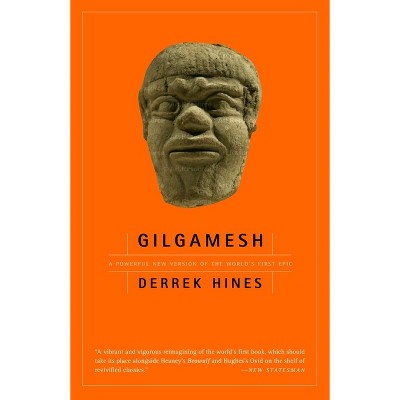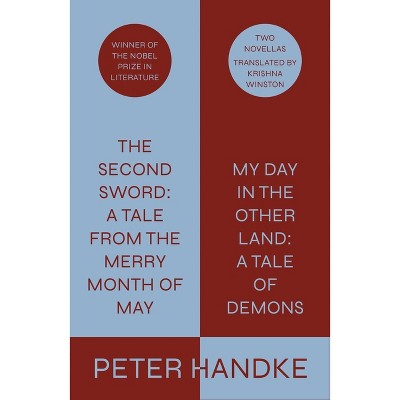Sponsored

Gilgamesh - by David Ferry (Paperback)
Pre-order
Sponsored
About this item
Highlights
- The classic verse rendering of the great epic of ancient Mesopotamia, now with an introduction by the poet Yusef Komunyakaa.Gilgamesh is the story of the godlike ruler of the ancient Mesopotamian city Uruk.
- About the Author: David Ferry (1924-2023) was a poet and translator.
- 128 Pages
- Poetry, Ancient & Classical
Description
Book Synopsis
The classic verse rendering of the great epic of ancient Mesopotamia, now with an introduction by the poet Yusef Komunyakaa.
Gilgamesh is the story of the godlike ruler of the ancient Mesopotamian city Uruk. The start of the poem finds Gilgamesh as a brutal tyrant, whose potency is unmatched and unchecked. The god Aruru fashions him a match, a wild man called Enkidu, who fights the ruler but soon becomes Gilgamesh's beloved companion and friend. The story of their shared heroism, the pain of Enkidu's untimely death, and of Gilgamesh's quest for immortality was told across a series of cuneiform clay tablets. It is said to be the oldest recorded literary work.
Review Quotes
"Ferry's version [of Gilgamesh will] become the standard English text." --Fred Marchant, The Harvard Review
"There have been other English accounts of this hero with a thousand descendants, but this is the first one that is as much poetry as scholarship." --Michael Dirda, The Washington Post Book World "Ferry's skill brings a fresh interpretation to the power of Gilgamesh." --John Ray, The Times Literary Supplement "Ferry's Gilgamesh is uniquely his own, self-contained in holding aloof from fads and hype. No display of adjectival fireworks could do justice to his poem's originality or to the integrity of the poet's formal invention. In identifying the poem as Mr. Ferry's, I mean no disrespect to Sin-leqe-unninni, the ancient poet-editor that Babylonian tradition credits as having developed to their highest form the epic adventures of Gilgamesh, King of Uruk, and his companion, Enkidu. But like Edward Fitzgerald's Rubaiyat or Ezra Pound's Cathay, Mr. Ferry's Gilgamesh is a miraculous transformation of his original into his own, utterly distinctive idiom . . . Perhaps the poem's most moving element is how the desire for fame is superseded, after the death of Enkidu, by a quest that touches every reader, ancient or modern . . . the wish for physical immortality . . . [Ferry's] technical genius and literary sophistication evoke not only the hero's anguish, but the rage and despair of the untouchable." --Tom Sleigh, The New York Times Book Review"The Gilgamesh epic . . . came to light again in the mid-nineteenth-century and, thanks to the labors of an arduous, exacting philology, slowly began to assume its place as one of the great poems of the world. Hitherto, however, it has existed only in prose, waiting for a poet who could actualize it. David Ferry has performed this service, and has given us a noble poem as close to the ancient original as we in our ignorance have any right to. May his achievement quickly win the recognition it deserves." --D. S. Carne-Ross, The New Criterion
About the Author
David Ferry (1924-2023) was a poet and translator. His translation of Gilgamesh was a finalist for the National Book Critics Circle Award in Poetry, and he was honored with the Lenore Marshall Poetry Prize, given by the Academy of American Poets; the Rebekah Johnson Bobbitt National Prize for Poetry, given by the Library of Congress; and an Award in Literature from the American Academy of Arts and Letters. He translated, among other works, the Epistles of Horace, and both Virgil's Georgics and Eclogues. Ferry was the Sophie Chantal Hart Professor of English Emeritus at Wellesley College.Shipping details
Return details
Trending Book Pre-Orders



